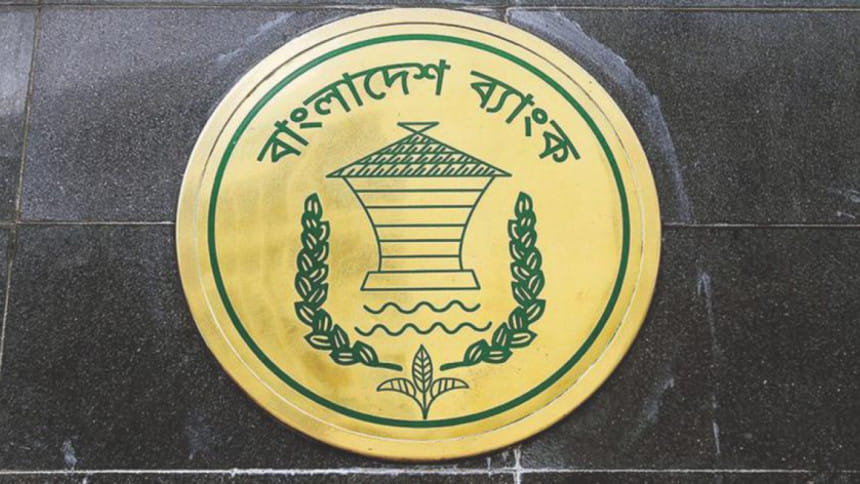Dhaka bank sent 3 urgent messages

"PLEASE be informed that this is a doubtful transaction. You are requested to stop the payment, and if you already made payment then freeze the account of the beneficiary for proper investigation. We think the transaction is contradictory with the anti-money laundering law."
Thus read three messages sent by the Bangladeshi central bank to the Rizal Commercial Banking Corp. (RCBC) on the morning of Feb. 9, alerting the Yuchengco-controlled financial institution to the dubious provenance of the $81 million that was later revealed to be the largest money laundering caper in Philippine history.
Also READ: Philippine bank may repay part of missing funds
The following day, Feb. 10, the Bangladesh Bank sent another message to RCBC through the Swift system which read: "Top urgent. Please be informed that this is a fraudulent transaction and unauthorized access in our Swift system. So you are requested to stop the payment and if you have already made the payment, then freeze the account of beneficiary and please [put] back the funds to the account number 21083190."
Speaking at the Senate blue ribbon committee hearing Tuesday, RCBC legal chief Ma Celia Fernandez-Estavillo said the Swift transmissions were sent via an "unauthenticated, free format" message "of normal priority" that did not immediately catch the attention of bank officials that Tuesday morning, amid the deluge of interbank fund transfer messages after the Chinese New Year long weekend.
790 messages
"So when we received 790 [Swift] messages, our officers proceeded to read the e-mails sequentially, unless we had a stop payment which would be the first that we would read or high priority messages, none of which applied to the Bangladesh Bank," Estavillo said.
Sen. Teofisto "TG" Guingona, who chairs the committee, expressed dissatisfaction with RCBC's procedures that allowed the funds to be withdrawn despite the subsequent messages from Bangladesh.
"Had you opened the text, you would have been sufficiently alarmed. It does say 'top urgent, top urgent'," the lawmaker said, reading the Swift message to RCBC.
Estavillo countered that Bangladeshi authorities used "vague terms" in its message, adding that the bank had, in the past, "received many stop orders but never anything as ambiguous as this."
Guingona countered by quoting the message again: "We think the transaction is contradictory to the anti-money laundering law."
"I think that's clear enough," he said. "I'm not a banker, but to me it's pretty clear."
No previous dealings
To settle the issue, the Senate summoned a Bangko Sentral ng Pilipinas official familiar with the Swift system used by international banks to communicate fund transfer instructions.
Speaking at the hearing, BSP Settlement Services Division acting manager Nenita Cadapan said that the reason the Bangladesh Bank could not send the more commonly used high priority stop payment order via the Swift system was that Bangladesh Bank and RCBC did not have previous dealings that would have allowed an "authenticated" message to be used.
"Would a bank be able to know if the sender [of the funds] is a central bank and not just an ordinary bank?" Guingona asked her.
The Swift system, Cadapan said, automatically identifies in its messages -- via an eight-character code -- the parties involved in the transaction, including the name of the institution and the country it is from.
"You can identify who and from where the registered user of that Swift code is," she said. Even banks using an old Swift database of codes can easily determine the identity of the sender by searching on the Internet, she added. "You can Google it."
RCBC officials also heaped blame on their former Jupiter St, Makati City branch manager Maia Santos-Deguito for allegedly facilitating the release of the funds despite the stop payment request from Bangladesh.
Deguito countered, however, that she consulted with her superiors on what to do with the funds once it was flagged as suspicious, to which RCBC treasurer Raul Tan supposedly replied to her in a phone call: "That's not our problem. That's the problem of Bangladesh."
Tan confirmed speaking with Deguito on the phone but said he could not recall making this statement.

 For all latest news, follow The Daily Star's Google News channel.
For all latest news, follow The Daily Star's Google News channel. 




Comments